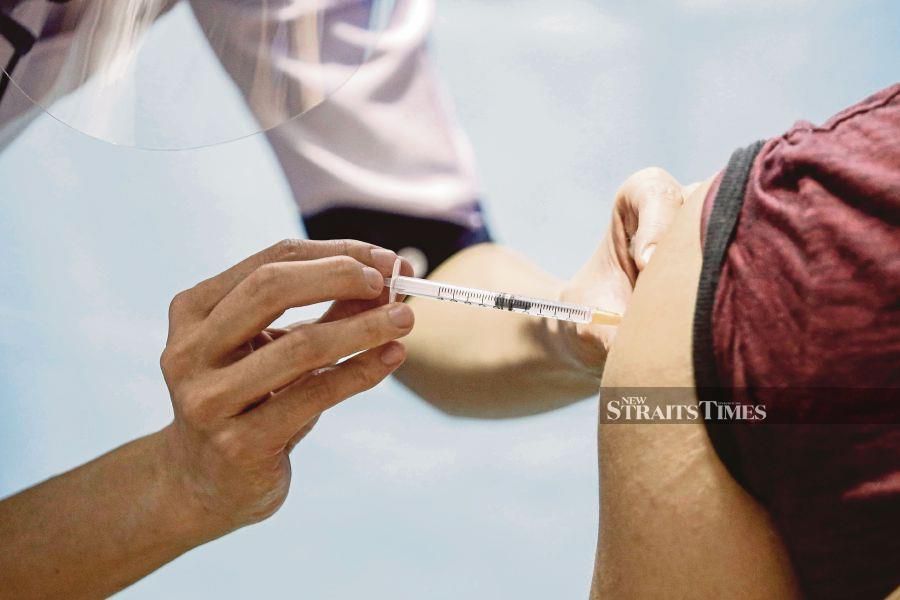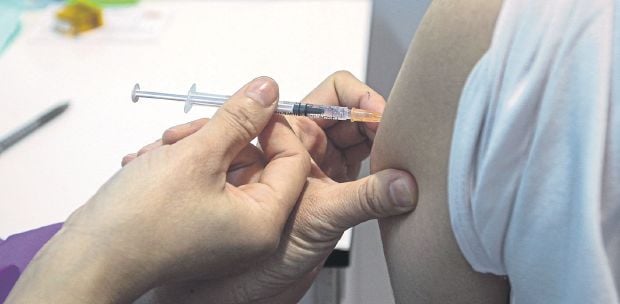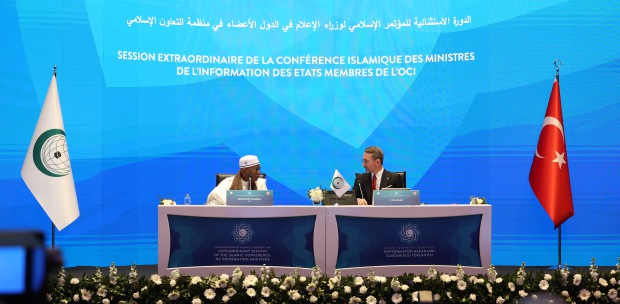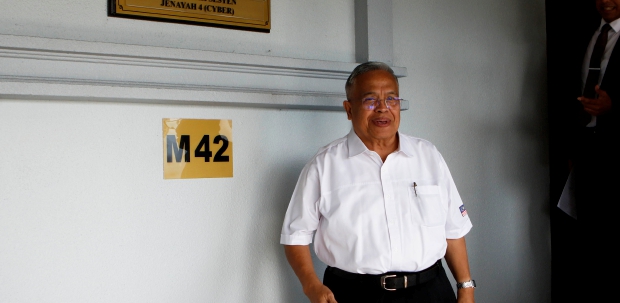LETTERS: As Covid-19 returns, albeit in a small way, social media is again inundated with views ridiculing mRNA vaccines.
For laymen with no in-depth knowledge, such proclamations questioning the safety and efficacy of the vaccines can sound convincing. This has inadvertently created much confusion.
Many are asking if there is any authoritative attempt to debunk such claims. So far, we have not seen any. This is unhealthy as we manage our public health concerns.
We need to deal seriously with fake health narratives on social media. Such negative views of vaccines proliferated during the pandemic. They have recently made a return.
Experts suggest it requires a combination of empowering individual responsibility, cultivating community engagement and deploying technology.
One other strategy for increasing media literacy is that individuals must be educated on how to critically evaluate information, fact-check claims, and seek reliable sources of information.
It is time to include media literacy programmes in school curricula to nurture the skills to navigate online (mis)information.
This can be part of STEM education. We must support fact-checking organisations to debunk false claims. Online tools and browser extensions that help identify and flag misinformation can also help.
Inadvertently, critical thinking skills are needed to encourage users to question information and be critical consumers of content. This is where we should support initiatives that promote critical thinking skills and logical reasoning.
Encourage users to verify information before sharing it, especially if it evokes strong emotions. Promote the sharing of information from credible sources and fact-checked news outlets.
Fostering open discussions within communities to address concerns and sharing accurate information are useful. We can also use reporting mechanisms provided by social media platforms to flag fake content.
We must insist that all social media platforms adjust algorithms to prioritise credible information. This is where we need to support regulations that address the spread of misinformation online without compromising freedom of speech.
Governments can support fact-checking initiatives and collaborate with tech companies. Nothing beats promoting respectful and civil behaviour online to discourage the spread of false narratives.
This means supporting campaigns that encourage positive and constructive online interactions. The government must be transparent in its content moderation processes on social media platforms.
And individuals must be held accountable for knowingly spreading false information that can harm communities.
Recognise that misinformation is a global issue, and collaborative efforts are essential for effective solutions.
Remember that addressing fake narratives is an ongoing process, and a combination of proactive education, responsible behaviour and technological solutions is necessary.
It's crucial to approach this issue as a collective responsibility involving individuals, communities, organisations and policymakers. There is no doubt that vaccines play a critical role in dealing with infectious disease outbreaks.
We have seen how such outbreaks have had dire consequences for the economy and the livelihood of people. We also know that the technology for vaccine development has evolved.
The newer vaccines have not only improved efficacy but also significantly reduced the time to market. The MRNa vaccines were produced in record time to quickly deal with the ever-changing microbes during a pandemic.
If there are issues related to such technology, the authorities must inform the public of the remedial measures taken. It is when such information is not shared that pseudo-experts start appearing to spread misinformation.
It is normal in any society to have such people out to confuse and ridicule. Only our own experts with the right credibility can come forward and convince the public with the relevant science. The health authority must facilitate this.
DATUK DR AHMAD IBRAHIM
Professor, Tan Sri Omar Centre for STI Policy, UCSI University
The views expressed in this article are the author's own and do not necessarily reflect those of the New Straits Times





